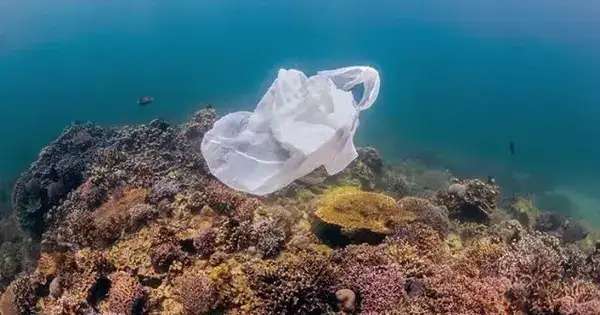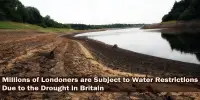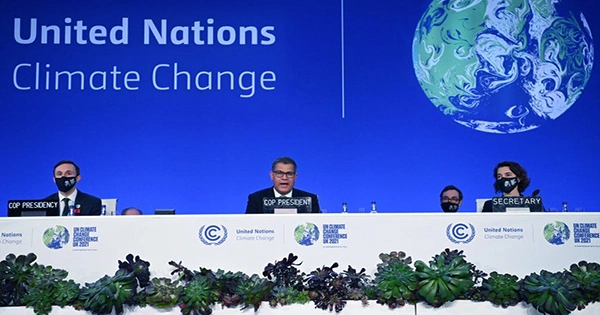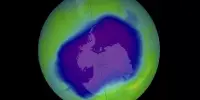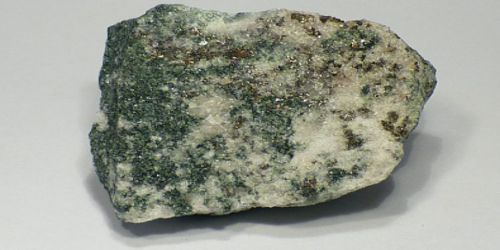Citizen science can contribute to better conservation and management plans for Mediterranean marine ecosystems, as well as mitigating the effects of the environmental crisis. This is the conclusion of a study conducted by the University of Barcelona and the Institute of Marine Sciences (ICM-CSIC), which emphasizes the scientific rigor of volunteer labor in monitoring the conservation status of corals and gorgonians throughout the Mediterranean coast. Furthermore, the findings of the citizen science program warn of a rise in the death of these species in numerous locations along the Costa Brava (Girona, Spain).
The study, published in the journal Environmental Management, demonstrates an improvement in the scientific quality of volunteer data collection (in terms of precision and accuracy). “With only one training session, they reached values equal to those obtained by scientists,” says Professor Cristina Linares, ICREA Academia professor from the UB’s Faculty of Biology and the Biodiversity Research Institute of the UB (IRBio), who coordinated the research and published it with Joaquim Garrabou from ICM-CSIC, both members of the MedRecover research group.
These findings are part of Laura Figuerola-Ferrando’s doctoral thesis. The article is also signed by Yanis Zentner (UB-IRBio) and Paula López-Sendino (ICM-CSIC).
These results are similar to those reported in scientific articles, but in areas that had not been studied before, giving an enrichment of knowledge about the conservation status of these species in areas that had not been studied until now.
Joaquim Garrabou
Citizen science in defence of marine ecosystems
The Mediterranean coral reef, formed by the aggregation of calcareous organisms, is home to more than 1,600 marine species that have been impacted by rising water temperatures in recent years. This study was conducted as part of the Atenció Coralls! project, which was launched by the citizen science platform Observadors del Mar to train volunteers in the study of the distribution and ecological status of octocoral and hexacoral populations affected by human disturbances (primarily temperature rise).
The researchers analyzed the data collected at the Costa Brava by volunteers with varying levels of training in the use of the sample methodology to see if there was any improvement between the first and second samplings following training.
“The data on the assessment of the state of conservation, obtained from the percentage of affected colonies, collected by volunteers who trained for two days, are comparable to the data obtained by the scientists. After only one day of training, the volunteers obtained quite remarkable results from the first sampling,” notes Cristina Linares, from the UB’s Department of Biology, Ecology and Environmental Sciences.
Key factors in the study are the previous training the volunteers receive and the expert validation of the data before their transfer and analysis. “The validation process by the experts is essential to guarantee the assessment of the conservation state to be consistent and reliable,” says Laura Figuerola, predoctoral researcher at MedRecover.
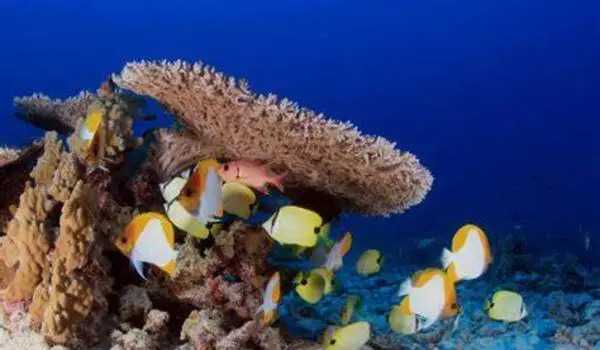
Worse conditions of corals and gorgonians
Once the effectiveness and rigour of the volunteers’ work had been validated, the researchers analysed all the data obtained. In different areas of the north-western Mediterranean, coral and gorgonian populations are, according to the authors of the study, “getting worse and worse,” as the percentage of affected colonies is going from mostly unimpacted or lightly impacted populations in the 2012/14 period, to moderately and severely impacted populations in the 2015/2019 and 2020/2022 periods.
“These results are similar to those reported in scientific articles, but in areas that had not been studied before, giving an enrichment of knowledge about the conservation status of these species in areas that had not been studied until now,” says ICM researcher Joaquim Garrabou.
Coralligenous Weekends: citizen science sessions
The data of this study were obtained in 2022, but the trips to assess the state of other species continued in 2023, expanding the sampling spots. Thus, last year, the UB and Observadors del Mar organized the Coralligenous Weekends, which received the participation of seventy volunteers and seven diving centers of Costa Brava that followed the Atenció Coralls! protocols to assess the impact of heatwaves on more than 10,000 gorgonians — 95 censuses in sixteen towns — in Cap de Creus and in Espai Natura 2000 Baix Empordà.
Elisenda Franco, from the Club Nàutic Port de la Selva, is one of the people who took part in the conference. “It was a very positive experience. Citizen science is great, because it allows us to mix citizens who are enthusiastic about the sea with scientists, taking advantage of the experience of each one, in my case, as a diver,” she points out. For Robert López, a biologist who also participated in the activity, it is an opportunity “to help obtain data that can be disseminated or published in a scientific article.”
The volunteer described the instruction as “very visual and understandable.” “It gives you a different view of the sea: now you can see how the gorgonians are and you can see that many of them are damaged,” she said. In the same vein, Robert López, a member of the UB’s Faculty of Biology’s Biology Immersion Club, adds: “It makes you aware of the impact on the gorgonians and the changes that are taking place under the water due to the warming of the sea.”
Finally, both volunteers agree that it is a way of “raising awareness” about the reality of climate change and ensuring that this knowledge reaches the public. “The fact that they told us about it so well, that it was such a motivating experience, makes you try to transfer it to your environment. In a way, it is a step that remains, it is a kind of chain to educate, raise awareness and disseminate what we have learned,” stresses Elisenda Franco.
Mortality due to high temperatures
The first results revealed that, in all the populations that suffered mortality due to high temperatures over the last years, “the white gorgonian was the most affected one, with 80% of the populations being severely affected, while in the case of the red gorgonian, 50% of the populations were severely affected,” note the researchers.
The effects also vary depending on depth. “In the first twenty metres, severe damage predominates, between twenty and thirty metres, moderate damage predominates – corresponding to 30% -60% of the gorgonians being affected — and it is not until we go beyond thirty metres that we find populations with low damage, i.e. with less than 30% of the gorgonians affected,” the study’s authors say.
